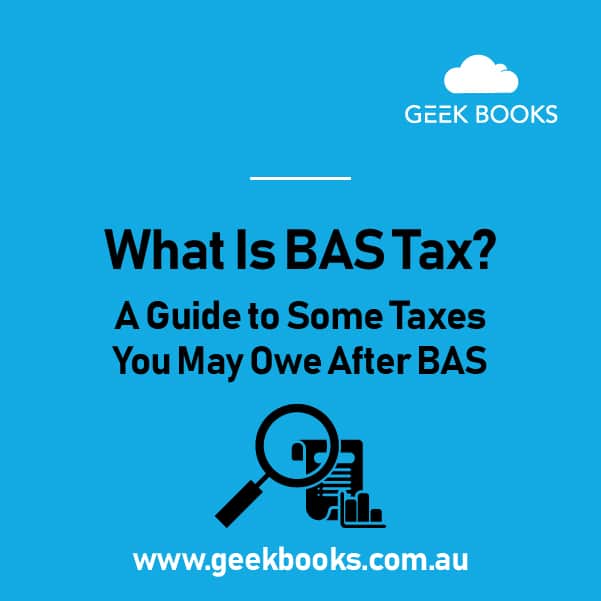If you’re a business owner in Australia, you’re no stranger to the Business Activity Statement (BAS).
But do you understand what taxes you’re obligated to pay after filing your BAS?
BAS is not just a formality; it’s a roadmap to your fiscal responsibilities.
The taxes you must report on your BAS include
- Goods and Services Tax (GST)
- Pay As You Go (PAYG) withholding
- PAYG instalments
- Fringe Benefits Tax (FBT) instalments
- Fuel Tax Credits (FTC)
- Luxury Car Tax (LCT)
- Wine Equalisation Tax (WET)
In this guide, you’ll get a clear picture of the heavy hitters linked to your BAS:
Goods and Services Tax (GST), Pay As You Go (PAYG) withholding and instalments, and Fuel Tax Credits (FTC).
Let’s get stuck in and answer the question: What is BAS tax?
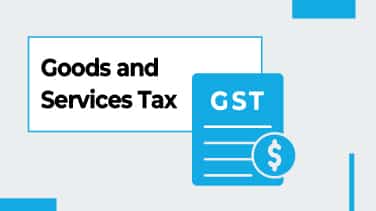
Goods and Services Tax (GST)
First up is GST, a tax that you probably know all too well!
GST is a 10% tax on most goods and services you sell or provide.
If you’re a business or a sole trader with an annual turnover of $75,000 or more, you must register for GST.
That means you’ll need to collect this tax from your customers and report it via your BAS.
Let’s look at some different scenarios for various businesses to help give you an idea about the GST taxes you could owe.
Common Scenarios and Amounts Owed
- Retail business. If you sell a shirt for $50, $5 of that is GST. Your customer pays $55 in total, and you report that $5 in your BAS.
- Consulting services. If you’re a business consultant charging $100 per hour, $10 goes to GST. Your client pays $110, and you report the $10.
- Online sales. Own an e-commerce website? Sell an item for $200, and $20 is the GST.
- Sole trader. As a freelance website designer charging $300 for a project, you’d need to add $30 for GST. The client pays $330, and you declare the $30.
GST doesn’t just stop at what you sell. You’ll also pay 10% GST on business expenses, such as
- Office supplies
- Inventory
- Services (like accounting or cleaning)
- Office space or warehouse rent
- Company vehicle expenses
The good news is that you can claim the GST on these business-related purchases back as credits. Keep your invoices to support your claims when you file your BAS.
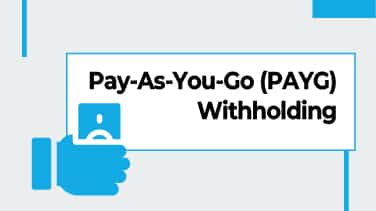
Pay-As-You-Go (PAYG) Withholding
PAYG withholding is the money you withhold from payments you make to employees and some contractors.
You send the money from PAYG withholding to the ATO as pre-payment of income tax and report all these amounts in your BAS for each quarter, reconciling them at the end of the financial year.
The amount you must withhold varies depending on your employee’s income level, whether they claim the tax-free threshold and additional financial commitments like student loans.
The ATO provides tax tables and calculators to help you determine the exact amount to withhold for each employee.
It’s essential to refer to the latest ATO guidelines or consult a tax professional to ensure you’re withholding the correct amount and staying compliant with tax laws.
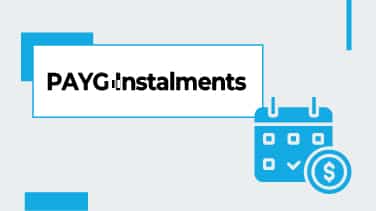
PAYG Instalments
PAYG instalments allow you to pay your expected annual income tax in smaller, manageable chunks.
Unlike PAYG withholding, where you withhold tax from others, PAYG instalments are about your own income tax obligation.
As a business owner, if your business earns income over a certain threshold, you’ll have to make PAYG instalments.
The threshold can vary, but generally, businesses and sole traders who earn over $4,000 in tax (after deductions and credits are applied) in a given income year will be required to make PAYG instalments for the next year.
The ATO will typically notify you if you need to start making these instalments.
The frequency of making PAYG instalment payments- monthly, quarterly, or yearly- can vary based on your income and other factors like deductions and credits.
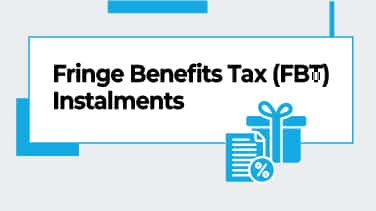
Fringe Benefits Tax (FBT) Instalments
FBT is the tax you pay on non-cash benefits provided to employees.
While these perks are good for morale, they’re not tax-free!
The FBT rate is currently 47% of the taxable value of the fringe benefit, except for cars, where the rate is 20%.
Common Scenarios and Amounts Owed
- Company car. If you provide a $25,000 car for an employee’s use, you could owe around $5,000 in FBT per year.
- Meals. Let’s say you spend $5,000 a year on meals for your staff. That would result in an FBT of approximately $2,350.
- Gym memberships. If you pay $1,200 yearly for each employee’s gym membership, you would owe about $564 in FBT per membership.
The exact FBT amount can differ based on specific calculations involving the type of benefit and its value.
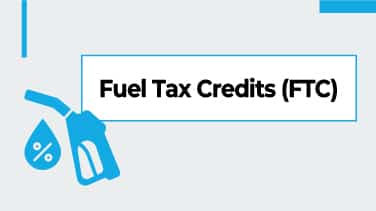
Fuel Tax Credits (FTC)
Fuel Tax Credits (FTC) aren’t a tax you owe; they’re a way to get money back from the government for the fuel tax you’ve already paid.
If your business uses petrol, diesel, kerosene, or LPG for machinery, industrial equipment, or heavy vehicles, you’re likely eligible for FTC.
Light vehicles travelling off public roads or on private roads may also qualify.
Businesses in particular that can benefit from FTC include
- Transport companies
- Construction firms
- Agriculture businesses
- Mining companies
- Manufacturing industries
- Landscaping services
- Forestry operations
- Fisheries and aquaculture
- Waste management services
The credit you can claim depends on when you acquire the fuel, the fuel type, and the activity you use the fuel for.
Fuel tax credit rates can change, so always check the ATO’s website for the latest rates before claiming.
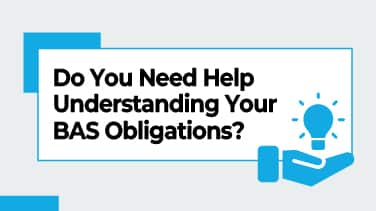
Do You Need Help Understanding Your BAS Obligations?
Enlisting a professional bookkeeping company like GeekBooks for BAS preparation ensures accuracy and compliance with ATO regulations, as well as saving you time and stress.
Do you have more questions about BAS?
Perhaps you’re wondering
- What is BAS, and how does it work?
- Do you get money back from BAS?
- Do I have to pay BAS quarterly?
- What is the difference between a tax agent and a BAS agent?
For the answers to all your questions, speak to the BAS experts at GeekBooks today. Complete our online booking form or call us on 02 9158 3591.


